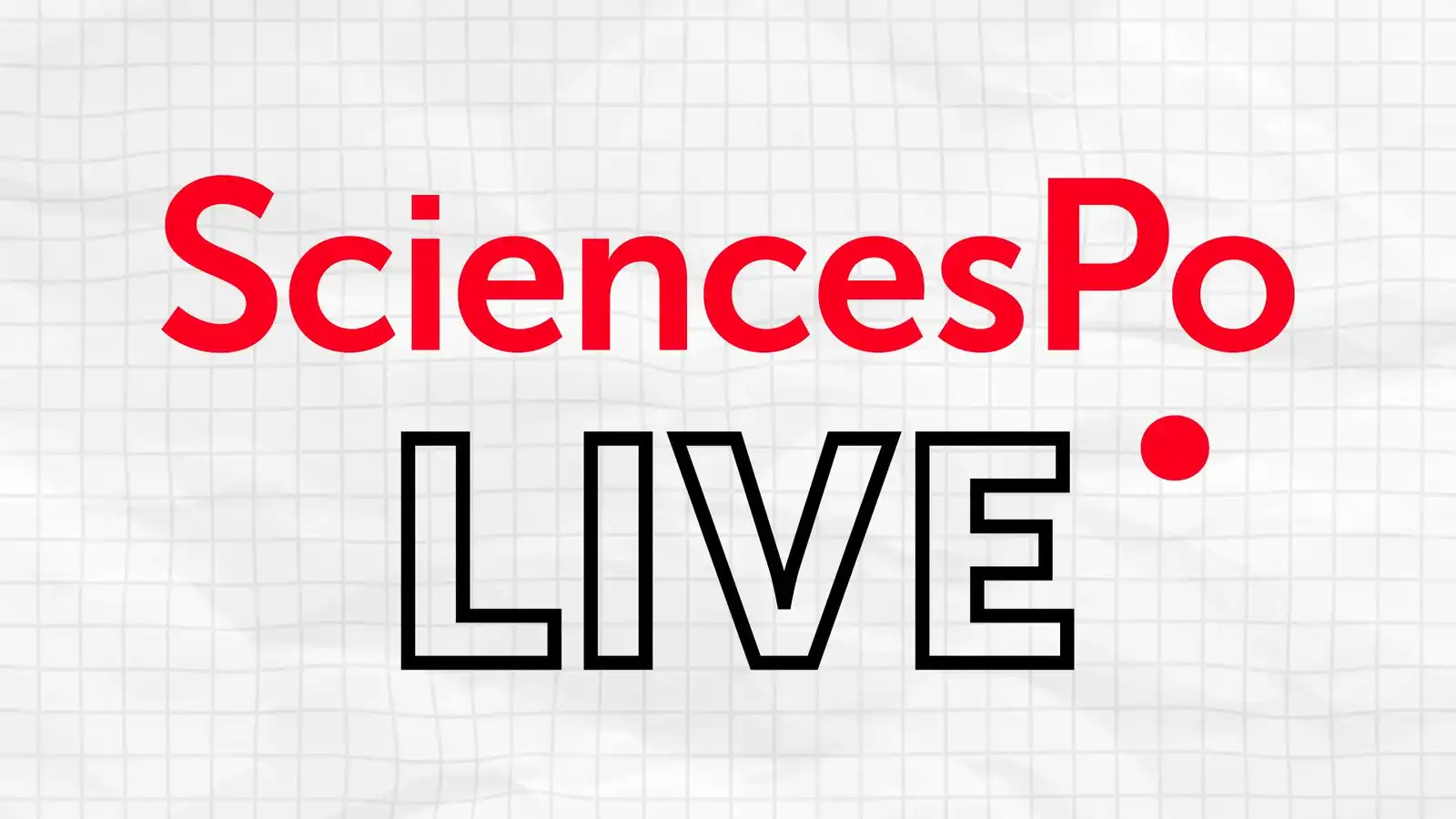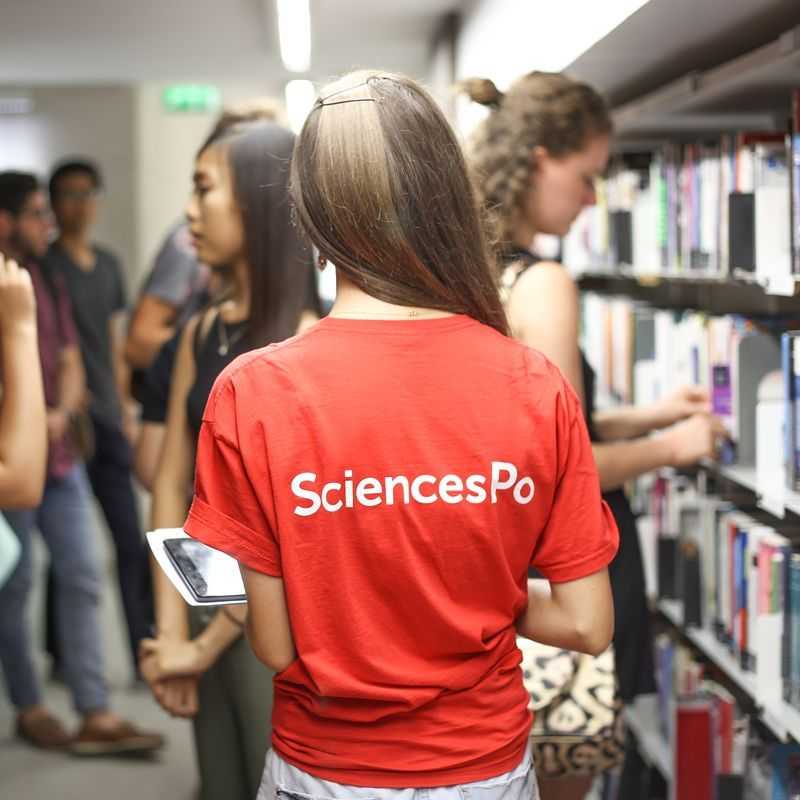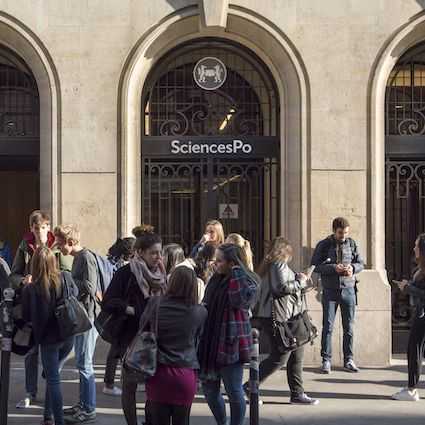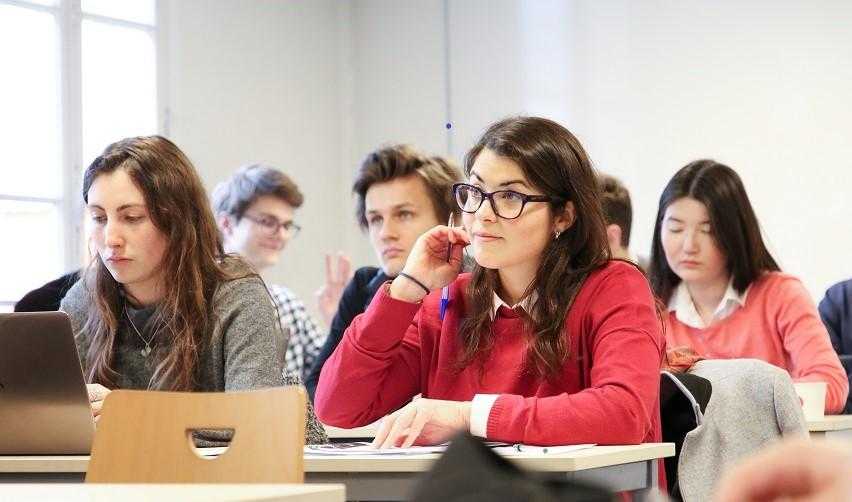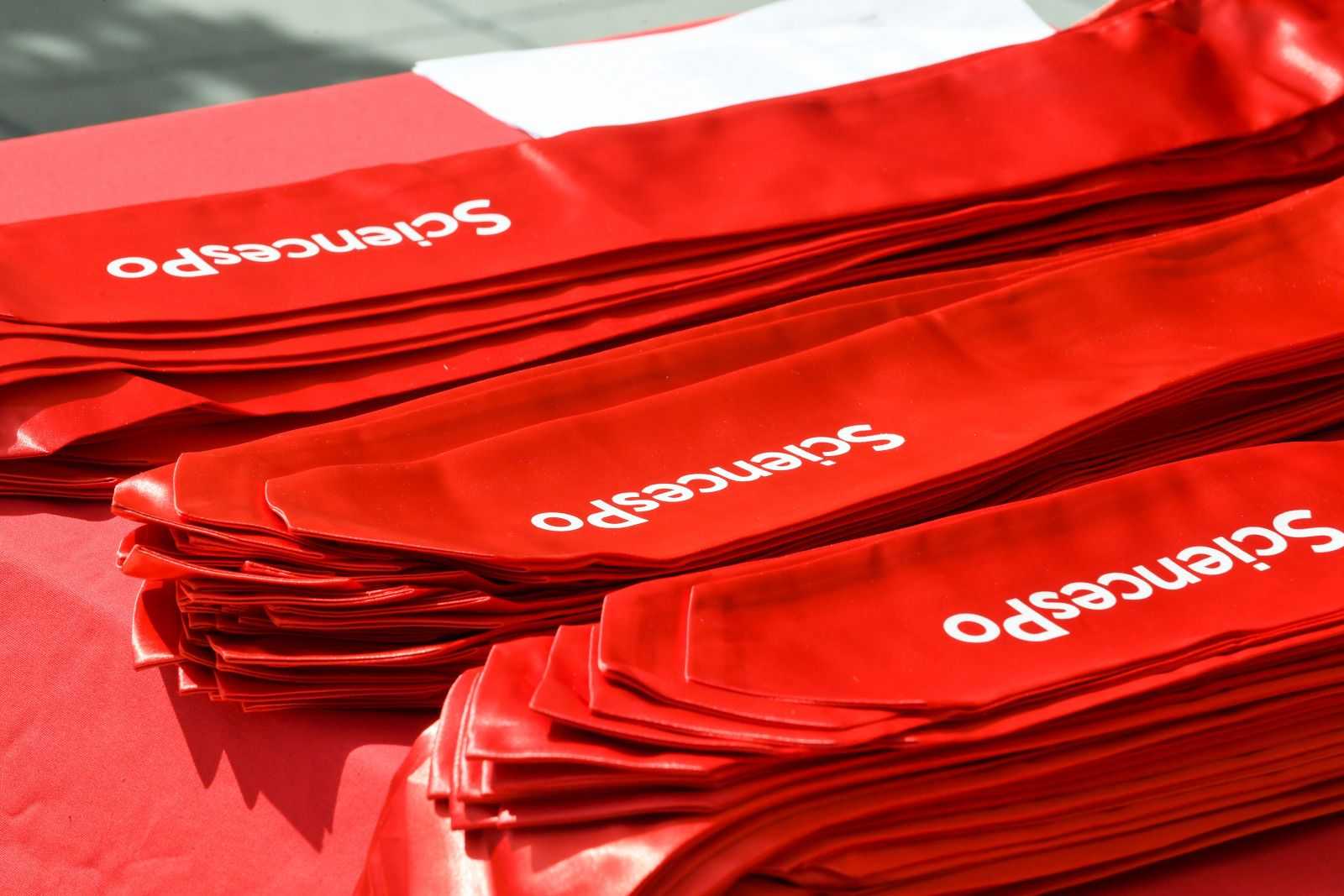
Home>Academics>Master Programs>International Security
Master in International Security
Two-year Master's
Programme in English
120 ECTS minimum
Information Sessions: Masters

Discover all the Master's programs and admissions procedures during our many webinars dedicated to future applicants.
General objectives
The Master in International Security at PSIA addresses 21st-century challenges such as shifting geopolitical dynamics, hybrid conflicts, transnational terrorism, cyber threats, nuclear proliferation, and the militarization of emerging technologies. It equips students with the analytical tools and strategic insight needed to navigate the evolving landscape of global security. Students also explore the transformation of security institutions, including judicialization, privatization, and the integration of advanced technologies into defense strategies. The curriculum fosters a multidisciplinary understanding of security, blending political science, law, economics, and technology to prepare graduates for leadership roles in complex international environments.
Main orientations and specific features
The program spans three academic semesters and one semester dedicated to a professional internship, or master’s thesis. Students engage with core courses covering strategic studies, defense economics, conflict analysis, peacebuilding, and diplomacy.
Students select two concentrations from a diverse set of thematic and regional options, allowing for tailored specialization. Or they may opt for the Enhanced Master track instead of a second concentration, which gives access to a curated set of advanced security courses across multiple thematic blocks, offering deeper expertise in strategic domains.
A distinctive feature of the program is its collaboration with French defense institutions such as the École de Guerre and Saint-Cyr-Coëtquidan military academy. These partnerships provide students with hands-on exposure to civil-military relations, defense policymaking, and operational strategy. The curriculum also integrates simulation exercises, and guest lectures from leading practitioners in the field.
Below is the degree structure for the Master in International Security:

Download the program structure (PDF, 64 ko)
Further details regarding PSIA's general program structure. The degree structure for students in the following programs can be found at: Dual Degree program, Joint Master program and One-Year Master program.
Courses
Career Opportunities
Graduates of the International Security program pursue impactful careers across public, private, and multilateral sectors. Alumni work in national governments, intelligence agencies, international organizations (e.g., UN, NATO, EU), NGOs, and private firms specialized in risk analysis, cybersecurity, and strategic consulting. Key employment sectors include: defense and intelligence, crisis management and conflict resolution, peacekeeping and post-conflict reconstruction, cybersecurity and technology policy, strategic foresight and geopolitical risk.
Scientific advisor
Camille Grand is the Secretary General of ASD Europe (Aerospace, Security, and Defence Industries Association of Europe), a Brussels based trade association since September 2025. He was previously a Distinguished Policy Fellow at the European Council on Foreign Relations (ECFR, 2022-25), where he led the organisation’s initiative on defence, security and technology.
He also worked as Assistant Secretary General for Defence Investment at NATO (2016-22), piloting NATO’s work in capability delivery, missile defence, and armament and technology cooperation, and was the director of the Fondation pour la recherche stratégique (FRS, 2008-16), the leading French think tank on defence and security studies.
He also held senior positions in the French Ministry of Foreign Affairs as head for disarmament and multilateral affairs (2006-08), and the Ministry of Defence (MoD) as deputy diplomatic adviser to the Minister (2002-06). He has also been a senior adviser on nuclear policy at the French MoD Policy branch and worked as a researcher inter alia at the EU Institute of Security Studies (EU-ISS) and the Institut français des relations internationales (IFRI).
His expertise and his numerous publications (including in Foreign Affairs, Politique étrangère, Commentaire, Internationale Politik, Revue des deux mondes, The World Today, Revue Défense Nationale, Europe’s World) cover a wide range of defence and security policy domains: European security, NATO and EU common defence and security policy, armament and technology, nuclear and missile defence policy, disarmament and non-proliferation. He is often quoted in international media.
He is an adjunct professor at the Paris School of International Affairs (Sciences Po Paris, 1998-2016 and since 2023), and has also lectured at the Ecole nationale d’administration (ENA) and the French army academy.
TESTIMONIALS FROM GRADUATES
- Hannah, Regulatory Risk and Compliance Analyst, Tremau
- Mouna, Deputy Secretary General, Fourth Ministerial Conference on Feminist Foreign Policies
- Dmitry, Political Affairs Officer, UN Department of Political and Peacebuilding Affairs
- Nikhita, Data Center Security Specialist, AWS
- Erica, Program Manager, Konrad Adneauer Foundation, New-York
- Loukas, Blue Book Trainee in the Cabinet of the European Commission Vice-President
- Daniela, Young Graduate Trainee in the Strategic Foresight and Planning Office at the European Space Agency, France
- Leona, Communication and Knowledge Management Expert, FAO, Papua New Guinea
- Gabriela, Senior Consultant in Crisis and Resilience and Curator, Deloitte Switzerland
- Inès, Wealth Management Associate, Hexagone Capital, Shangaï
- Seong Jae, Associate Counter-Terrorism Officer, UNODC
- Camille, Partnership and Communication Officer, WFP, Copenhagen
- Akshaya, Research, Assessment, and Monitoring Officer at the UN World Food Programme, Cambodia
- Ole, Research Assistant in the Office of the Director, German Council of Foreign Relations
Discover 2025 Summa Cum Laude:
CONTACTS
Academic Advisors:
Academic Assistants:
Secretariat open:
- Monday, Tuesday and Thursday 9:30-12:45 and 2:15-4:45
- Wednesday and Friday 9:30-12:45
Key information about the application process (requirements, documents, deadlines and calendar, etc) can only be found on Sciences Po’s Admissions website.
